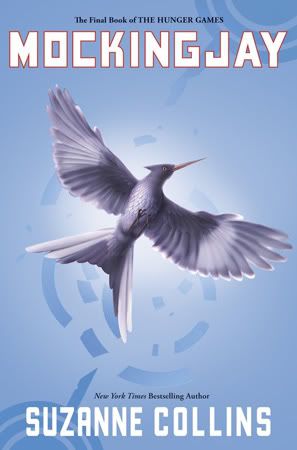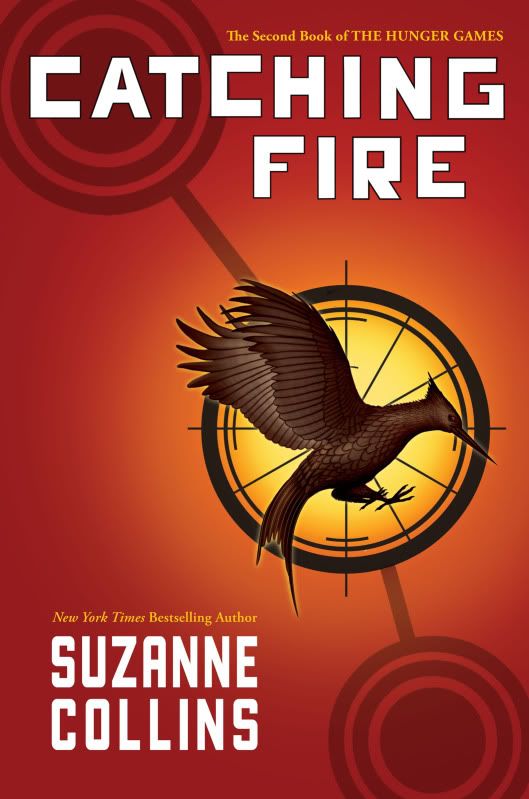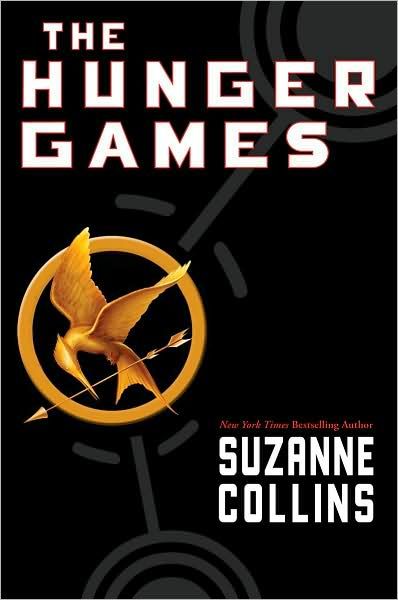The Hunger Games have concluded, and the winner is…

It can be difficult to limit yourself to a certain length for a narrative. If you can manage it, however, you allow yourself to do two things. Being limited in time pushes you to develop your world and characters as much as possible with as few words as possible. It also gives you the opportunity to go absolutely ape with the last installment in the story. Will the darkness of the second part of a trilogy give way to the light at the end, or does the story deliver on promises of doom and gloom? I won’t enter spoiler territory, but rest assured that Mockingjay delivers the goods.
Panem is in chaos. As the story opens, Districts are in open revolt against the decadent Capitol. The rebels are based in the underground stronghold of District 13, long thought eradicated by Capitol forces. As the story opens, however, the Districts are fractured and divided. They need something to unite them against their oppressor, a symbol of defiance and liberty – someone like Katniss Everdeen. All District 13 has to do is convince a traumatized, malnourished and battered young woman to be their Mockingjay. It’s something she has no interest in whatsoever.
One thing that has distinguished the Hunger Games trilogy is the evolution or, perhaps more accurately, breakdown of Katniss. Her motivations and drive for putting herself through hell never seem contrived or unwarranted, even if they are occasionally foolish or headstrong. She’s brave without being arrogant, brash without being annoying and vulnerable without being weak. She’s everything a protagonist in their late teens really should be. Her doubts, hopes, dreams and nightmares feel very authentic and adds a great layer of grounding to the entire narrative.
Mockingjay also gives us more information on the future nation of Panem. It’s made pretty clear on what basis the nation was founded. Panem is derived from the Latin term ‘panem et circenses’ – bread & circuses. With the bulk of the population working in misery, if not oppression, for the benefit of a tiny percentage of upper-class citizens who remain ignorant of the plight of the majority due to their decadence and the machinations of the leadership… well, I’m sure no parallels can be drawn to our current day and age whatsoever.
You may notice I’ve mentioned very little about the plot. I honestly don’t want to spoil anything for you. But trust me when I say that this is a far more shining example of poignant, powerful and timely young adult fiction than many of the entries currently available and popular. The entire trilogy has a very immediate feel to it, a compelling atmosphere that will have you eschewing other things and distractions because it means putting these books down.
The Hunger Games, Catching Fire and Mockingjay are all highly recommended. It is my hope that, with this source material, the major motion picture captures the truth of the characters and setting and shows young women a true role model for their age. I plan on being there to find out.




